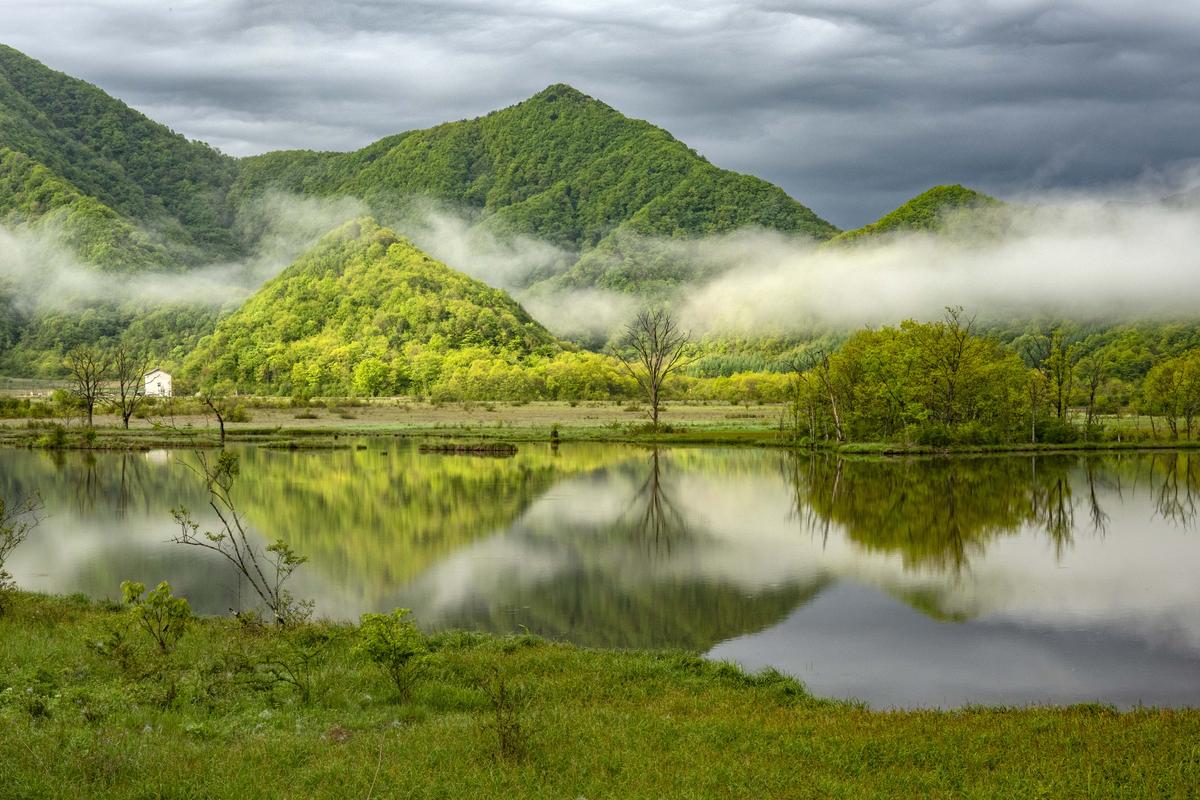The Christmas season is a time of year when people from all over the world come together to celebrate the birth of Jesus Christ. It is a time of joy, peace, and love, but it is also a time when cultural traditions are on full display. From caroling to gift-giving, Christmas traditions vary greatly depending on where you are in the world. In this article, we will explore the richness of cultural traditions for Christmas.
Gift giving is one of the most universally recognized Christmas traditions. However, in many cultures, gift-giving takes on unique forms. In some European countries, children leave their shoes out on the night of December 5th for St. Nicholas to fill with treats and small gifts. In Scandinavian countries, Christmas Eve is the time for gift giving, and each family member has a designated time to open their presents.
Another tradition that varies greatly across cultures is Christmas food. In the United States, Christmas dinner often features a roasted turkey or ham, mashed potatoes, and other side dishes. In contrast, in Mexico, traditional Christmas food includes tamales, pozole, and bacalao. In the Philippines, Noche Buena, or Christmas Eve dinner, includes a spread of festive dishes such as lechon, hamon, and bibingka.
Decoration is another aspect of Christmas that varies greatly depending on where you are in the world. In the United States, it is common to see Christmas trees, wreaths, and string lights adorning homes and businesses. In contrast, in Mexico, vibrant poinsettias are often used to decorate homes and churches. In Germany, Christmas markets are a popular attraction, where locals and tourists flock to shop for handmade ornaments and other decorative items.
In addition to gift-giving, food, and decoration, Christmas traditions often include music and performances. In the United States, carolers can be heard singing classic holiday tunes door-to-door. In the United Kingdom, Christmas pantomimes are a popular form of entertainment. In Spain, the Christmas season is marked by the performance of Las Posadas, a reenactment of Mary and Joseph’s search for a place to stay.
In conclusion, the Christmas season is a time of year when people from all over the world come together to celebrate. While the core principles of love, joy, and peace remain the same, the way in which we celebrate varies greatly. The rich diversity of cultural traditions for Christmas is part of what makes the season so special. Whether it’s through gift-giving, food, decoration, or performance, each culture has its own unique way of celebrating the holiday season.
(Note: Do you have knowledge or insights to share? Unlock new opportunities and expand your reach by joining our authors team. Click Registration to join us and share your expertise with our readers.)
Speech tips:
Please note that any statements involving politics will not be approved.
